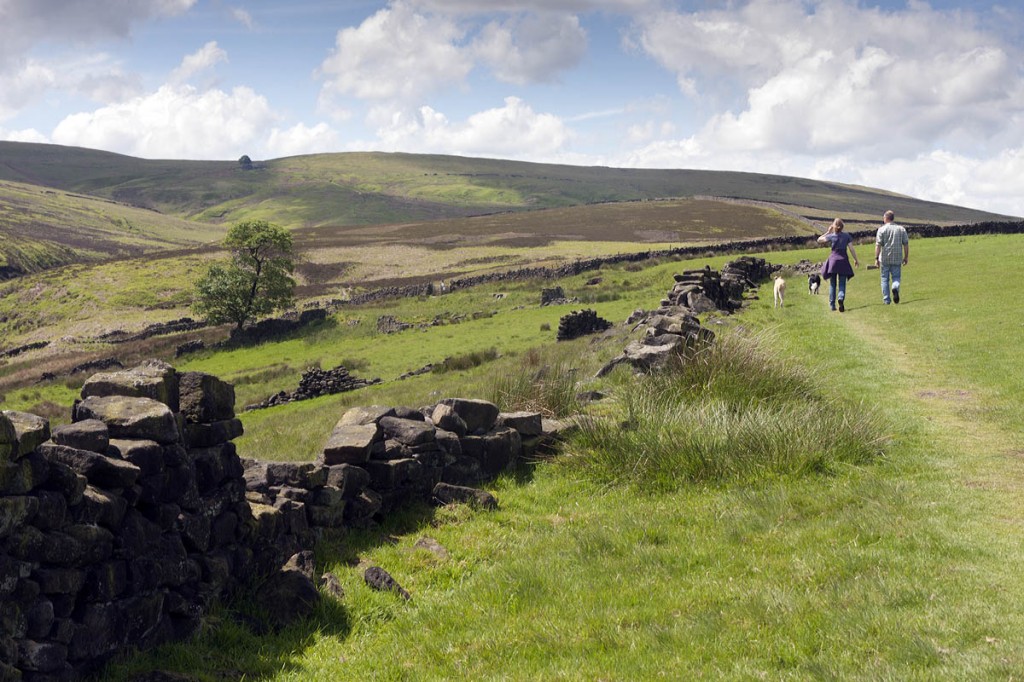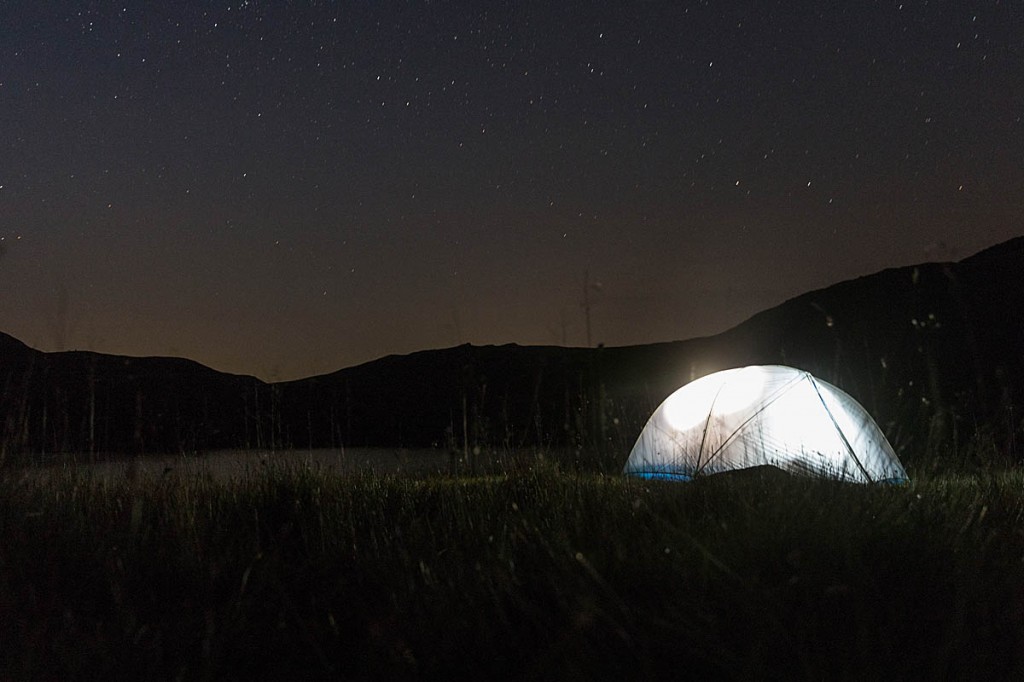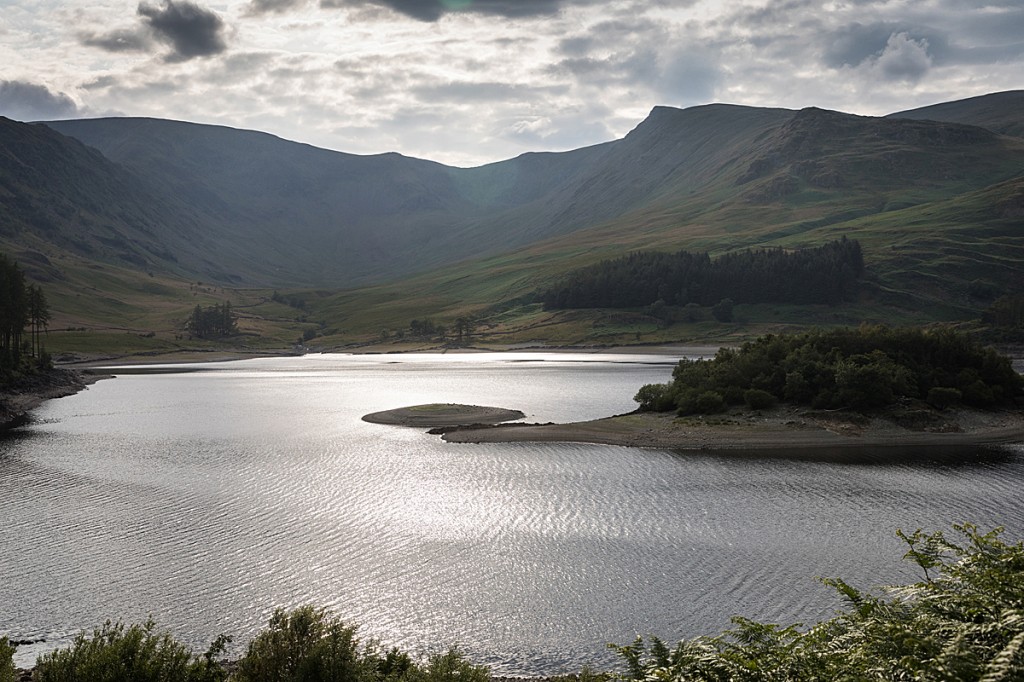Every school child should be given the chance to spend a ‘night under the stars’ in one of England’s national parks and areas of outstanding natural beauty.
That’s the conclusion of a major review of the nation’s special landscapes, which also calls for the setting up of three new national parks in the Chilterns, the Cotswolds and Dorset and East Devon.
The findings are among several radical changes to how England’s special landscape areas are managed delivered by a panel of six people headed by writer Julian Glover.
The panel recommended that the cumbersome AONB designation be ditched and the 34 such areas be brought under the national landscapes banner, along with the current 10 English national parks. The existing AONBs should be given greater powers and responsibilities, the report adds.
The Glover report comes 70 years after the act that led to the setting up of Britain’s first national parks after the Second World War and suggests a whole new approach is needed to recognise demographic, environmental and climatic changes.
Among recommendations are:
- The establishment of a new National Landscapes Service to act as a unified body for England’s 44 national landscapes
- Creating a 1,000-strong ranger service to be the ‘friendly face’ of national parks and help engage schools and communities
- Giving every school pupil the opportunity to spend a night ‘under the stars’ in the special landscapes to help more children to connect with nature
- New protections, responsibilities, titles and funding for AONBs to help them be greener, more beautiful and more welcoming to the public
- A revised approach to recover and enhance nature, working with farmers and conservation groups to reverse years of decline
- Backing for a new national park in the Chilterns and a new National Forest, taking in areas such as Sherwood Forest, as part of a drive to increase woodland spaces to fight climate change.
The recommendations will now be considered by the Department for the Environment, Food and Rural Affairs in Westminster.
Julian Glover said: “From the high fells of the Lake District to the wildness of Exmoor, England’s most beautiful places define our country.
“Today we are setting out a big, bold plan to bring them alive to tackle the crisis in our natural environment and make sure they are there for everyone to enjoy.
“If we take action, we can make our country healthier, happier, greener, more beautiful and part of all our lives.
“Seventy years ago this year we created our national parks for a nation that had just won the Second World War. Now it’s time to reignite that mission.”
Environment Secretary Theresa Villiers said: “These landscapes are the jewels in the crown of our countryside and are a cornerstone of our rural economy.
“We are committed to ensuring they flourish as havens for nature and sites that everyone in the country goes to visit for inspiration, adventure or relaxation.
“That’s why we asked Julian and his panel to conduct this review and I am very grateful to them for their efforts. I welcome and agree with the spirit of ambition, which is in line with our 25-year environment plan, and we will now carefully consider the recommendations set out in the review.”
The Glover report also recommends long-term programmes to encourage the number of ethnic-minority visitors to the landscapes; consideration of expanding access rights within the national landscapes; establishing a National Landscapes Housing Association to build affordable homes; setting up a National Landscapes Service as an umbrella body for the 44 areas; and better information and signs to guide visitors.
Tony Juniper, chair of Natural England which is the Westminster Government’s statutory advisory body on the outdoors, said: “We very much welcome the Glover review and its core message that our national parks and AONBs should be the very backbone of the new nature recovery network that we are working to build.
“These are the places that often spring to mind when people think about enjoying the natural world and by making them richer in wildlife as well as more accessible we can help people from all walks of life experience their inspirational beauty.”
Corinne Pluchino, chief executive of the Campaign for National Parks charity, said: “We welcome the timely publication of this ambitious agenda for our most beautiful landscapes.
“There is a pressing need to address the urgent challenges in our national parks. We will be reviewing the report in detail and will be working to ensure the momentum is maintained.”

Areas such as the South Pennines should have greater protection, the report says. Photo: Bob Smith/grough
As well as lead reviewer Julian Glover, an associate editor of the Evening Standard, the panel consisted of: Lord Cameron of Dillington, a cross-bench peer, farmer and landowner and former chair of the Countryside Agency; Jim Dixon, ex-chief executive of the Peak District National Park Authority; Sarah Mukherjee, former BBC environment and rural affairs correspondent and previous director of environment at Water UK; Dame Fiona Reynolds, formerly director-general of the National Trust; Jake Fiennes, general manager for conservation of the 25,000 acre Holkham Estate and a trustee and advisory group member of several organisations including the National Farmers’ Union’s environmental forum and the Norfolk Farming and Wildlife Advisory Group.
Corinne Pluchino said: “We are delighted that the Glover Review believes that new national parks can still make a valuable contribution to the nation. However, we believe it is essential that additional resources are made available to fund any new parks, and that the finances needed to sustain and enhance the existing parks are not reduced as a result.
“Our national parks have to be properly resourced to do their job and supported by our politicians.”
The full report can be seen on the UK Government website.

